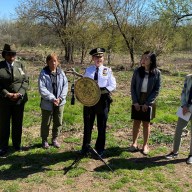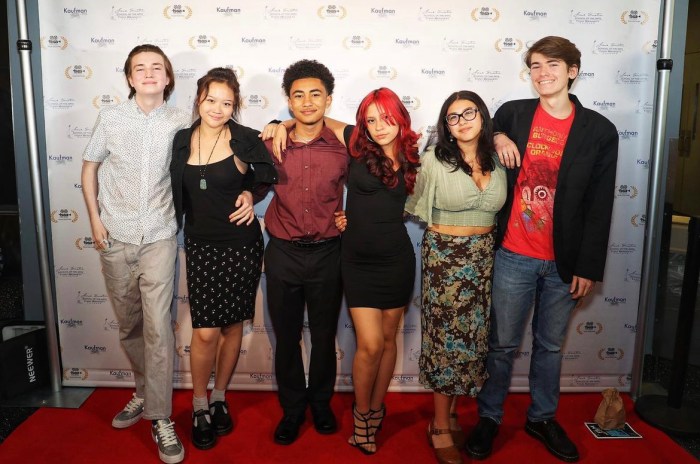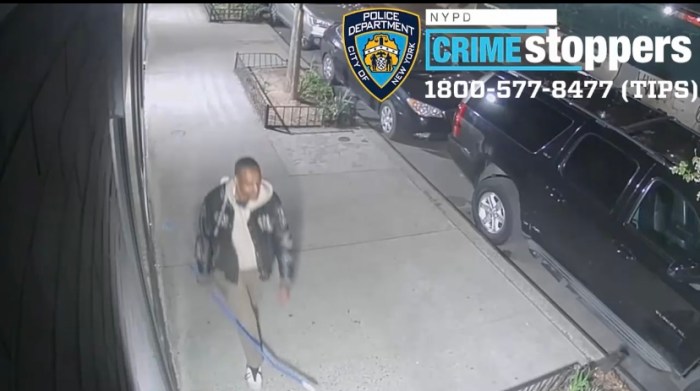By Chris Fuchs
Three years ago, John Watts, chief of staff to Councilwoman Julia Harrison (D-Flushing), was standing in a park in Flushing when a woman approached him. She was agitated. She wanted to know why there were monuments in Queens, it seemed, for every war but the Korean War. Her brother had died fighting in it.
Three years later, on the 51st anniversary Sunday of what has been called “The Forgotten War,” Queens has come one step closer to having such a monument erected in Kissena Park in Flushing, a tribute to the 113 Queens men who gave their lives in a conflict that lasted more than three years and resulted in 54,000 American casualties.
Harrison, who founded the Korean War Veterans Memorial, the group that is trying to raise the money to build the monument, said she has secured $50,000 in the city budget for its construction. State Sen. Frank Padavan (R-Bellerose), whose district includes part of Flushing, said he, too, has received a $10,000 grant from the state.
But the cost of construction is expected to exceed both amounts combined, Padavan said, who estimated that it may rise as high as $250,000.
A rendering of the monument was unveiled during a ceremony in Kissena Park Sunday, attended by members of branches of the armed services, elected officials and Queens residents, commemorating the 51st anniversary of the war. To be built in what is now a grassy mall near Parsons Boulevard and Rose Avenue, the monument will consist of five life-size figures: an American soldier, a Korean soldier, a United Nations soldier, a woman and a child. Designers also want to include a meditation center.
In Battery Park in Manhattan, there is a Korean War monument; there is also one in Washington, D.C. But everyone who spoke Sunday said there was a need for one in Queens, since the borough is home to more Korean-Americans than anywhere else outside of South Korea.
The United States entered the Korean War in 1950, two years after Korea was divided into Communist north and democratic south. Over time, relations between the two became increasingly strained, culminating in the invasion of South Korea by North Korea on June 25, 1950.
In the three years that the war was fought, casualties ran high. Americans lost 54,000 troops, while the North and South Koreans lost 10 times as many. Effects of the war still reverberate today.
Andrew Musumeci, 70, a Marine, spoke of one of those effects, in particular, Post Traumatic Stress Disorder. Many Korean War veterans experience this, he said. He spoke about how 51 years later he sometimes cannot sleep, and how he still wakes up crying and does not know why. His voice steady and strong for most of his remarks, Musumeci choked up when he started describing the disorder.
The war, however, ensured freedom for South Korea, something that today’s generation has not forgotten, Padavan said. Each year, the Little Neck-Douglaston Memorial Day Parade is preceded by an essay contest for elementary and junior high school students who were asked to describe what Memorial Day means to them. More than half of the entries this year were from Korean-Americans, the senator said.
“When they wrote their essays, they all had a common message,” he said. “These children said very directly that if it weren’t for that sacrifice, they would not be growing up in the greatest country the world has ever known, the greatest democracy that history has ever recorded.”
Reach reporter Chris Fuchs by e-mail at Timesledgr@aol.com or call 229-0300, Ext. 156.





























